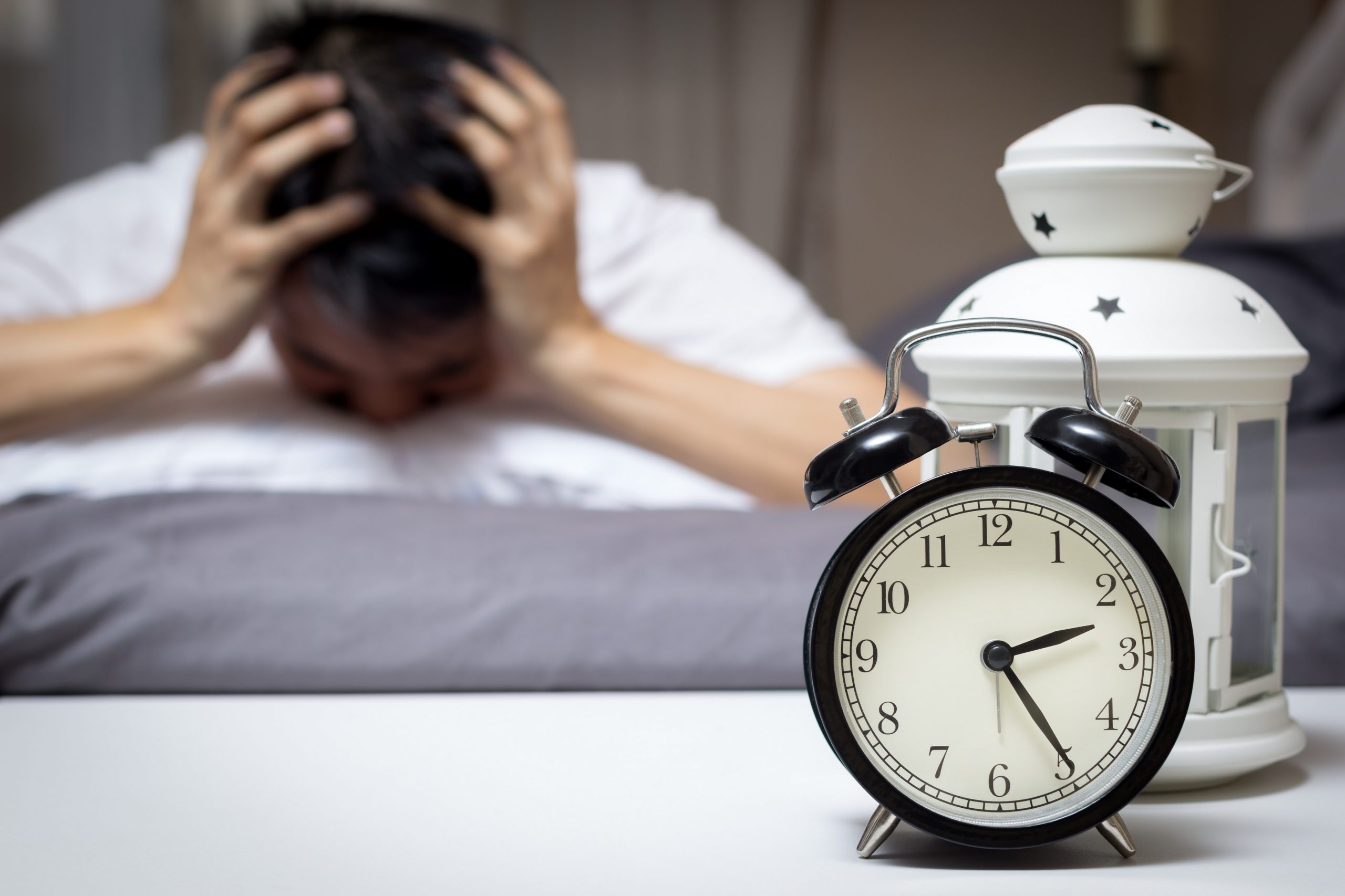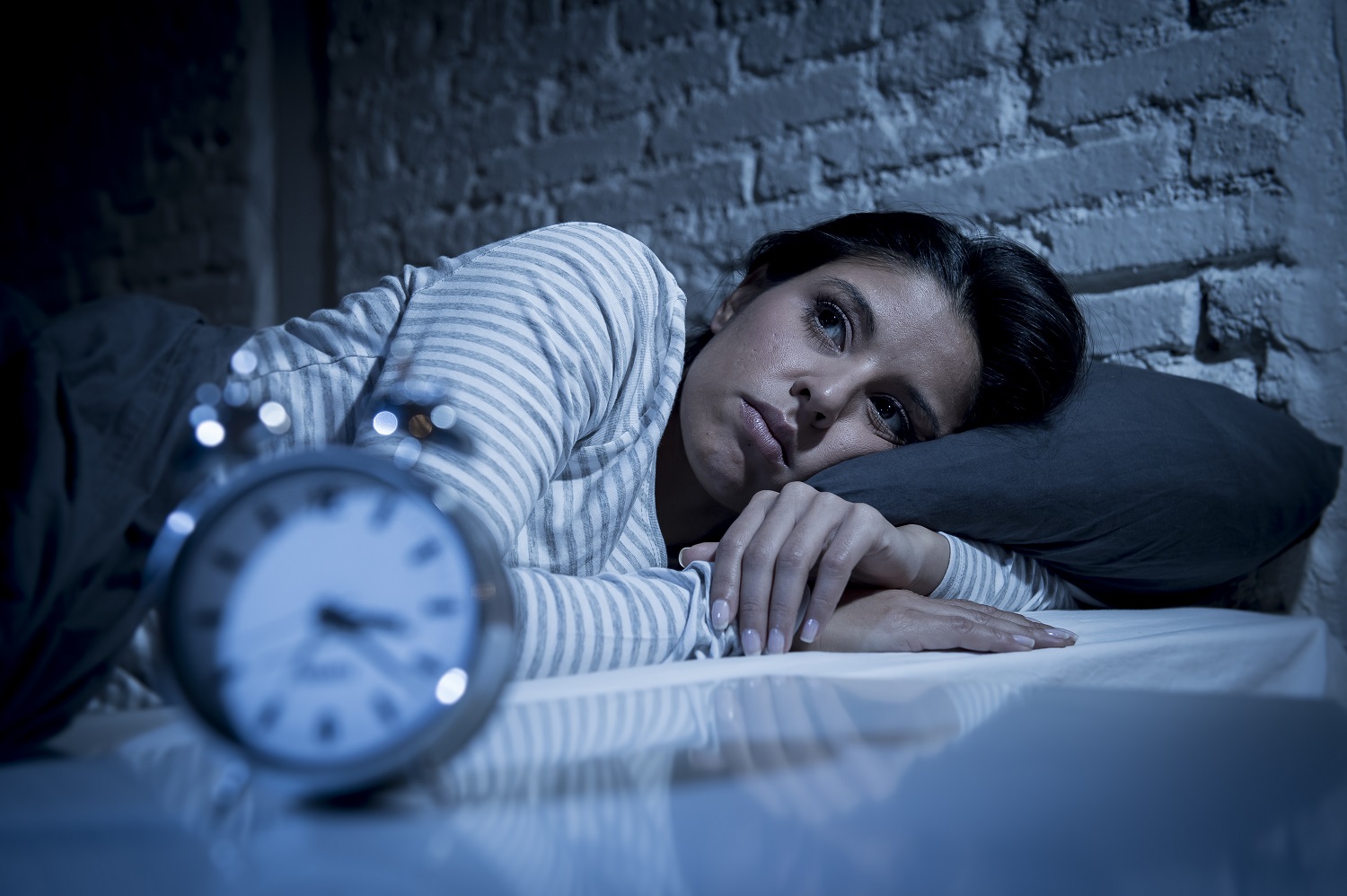Recently there has been an increasing interest in the role of sleep in people diagnosed with ADHD. Difficulty falling asleep, restless sleep, night waking, and early morning waking are frequently reported. Some professionals now regard sub-groups of these patients as having a primary sleep disorder. More than 40% of patients with ADHD report significant sleep disturbance. There is also evidence that inadequate sleep can cause ADHD-like symptoms in some children. Sleep loss in children results in symptoms of inattention, irritability, distractibility and impulsiveness – the core features of ADHD.
You can know about the symptoms of the problems from Homepage to choose the correct treatment and have the best solutions available. There is no disturbance of the people. There is learning about the symptoms to have the desired results. The getting of the information is possible for the people.
Many people with ADHD have problems falling asleep. They may not keep a regular bedtime, losing track of time when preoccupied with projects or watching a television show. They may not be able to calm down enough to fall asleep, with thoughts racing through their minds. The stimulant medication they take may interfere with falling asleep. (Although this side effect of medication usually disappears within a few weeks of taking the medication.) Others may complain that they continually wake up through the night. Once awake, they may have trouble falling back to sleep.

There are some strategies you can use to help to develop good sleeping habits:
- Set a bedtime and stick with it. Going to bed at the same time each night will help you to set your ‘internal clock’
- Wake up at the same time each morning, whether it is a weekday or weekend
- Do not take naps during the day.
- Add exercise to your daily routine. Exercise in the afternoon is best, increased exercise in the evening can keep you awake.
- Avoid drinking caffeinated drinks, especially in the late afternoon or evening, and avoid nicotine.
- Try using ‘white noise’ while falling asleep. There are white noise products on the market or you can set a radio on static or use the humming of a fan.
- Use lavender in your bedroom. The scent of lavender helps to calm a person down.
- Avoid drinking alcoholic beverages, especially as a sleep inducer.
- Supplements of calcium and magnesium at bedtime may be helpful
- Have a high carbohydrate snack in the evening

Sleep disorders are fairly common in a child with ADHD. The most common one is difficulty in falling asleep at night which leads to the child resisting going to bed at night. Others wake several times during the night. Deep sleepers tend to have a restless sleep pattern, tossing & turning, talking in their sleep or even sleep-walking. This means that their sleep is not restful & they still feel tired when they wake in the morning. They can also suffer from night terrors.
There is a higher incidence of bed-wetting in children with ADHD than in the general population. This is probably due to the late maturation of the frontal part of the brain which controls bladder movement. This may also cause anxiety about falling asleep or the child may wake up after wetting the bed and not be able to fall back to sleep.